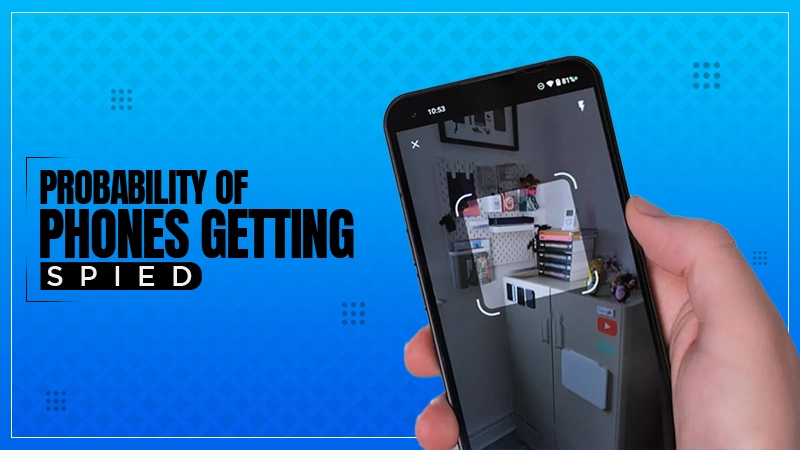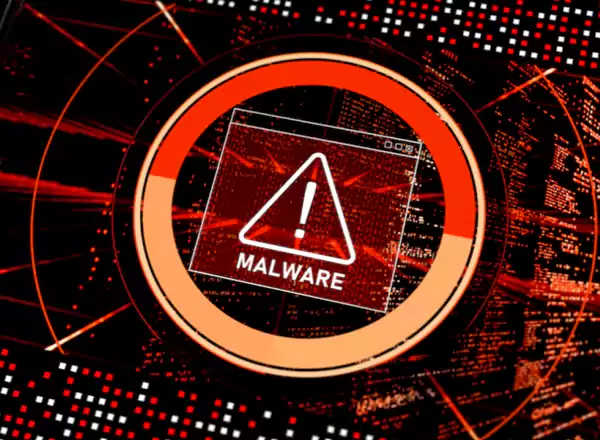
Recently, the landscape of commercial spyware has been expanded because of the growing number of actors targeting a broader spectrum of victims. Despite this, a very common perception remains that such malware is mostly used in highly focused attacks that are against a smaller group of individuals.
Compounding the issue, verifying devices for better infections has proven to be challenging and it forces the users to be dependent on a patchwork of academic institutions and NGOs that are leading forensic methods to uncover mobile spyware.

iVerify is a mobile device security firm which is all set to release insights from a spyware detection it introduced in May, on Tuesday. Among the 2,500 devices which were submitted for scans by the customers, seven had been infected by the very famous malware Pegasus from the NSO group.
iVerify has enveloped a feature, Mobile Threat Hunting which offers a blend of malware signature detection, machine learning and heuristic analysis to identify unusual behaviours in both iOS as well as Android devices along with identifying indicators of spyware presence.
The tool for paying customers conducts regular checks for signs and compromises on the device. In addition to this, iVerify offers a free version of this feature for anybody who is downloading the iVerify Basics app for just $1. It permits the users to follow a series of steps that can help them create and send a specialized diagnostic file to iVerify, getting an analysis within hours. However, for users who do not pay and use the tool for free, the tool is accessible only once a month. While iVerify’s system is specially designed to give priority to user privacy and asks participants to submit an email address which can be used to communicate if spyware is detected, just like how the case was with the seven devices that were found infected with Pegasus.
Subscribe to our newsletter and get top Tech, Gaming & Streaming latest news, updates and amazing offers delivered directly in your inbox.